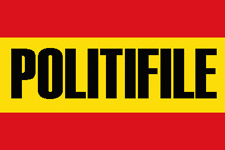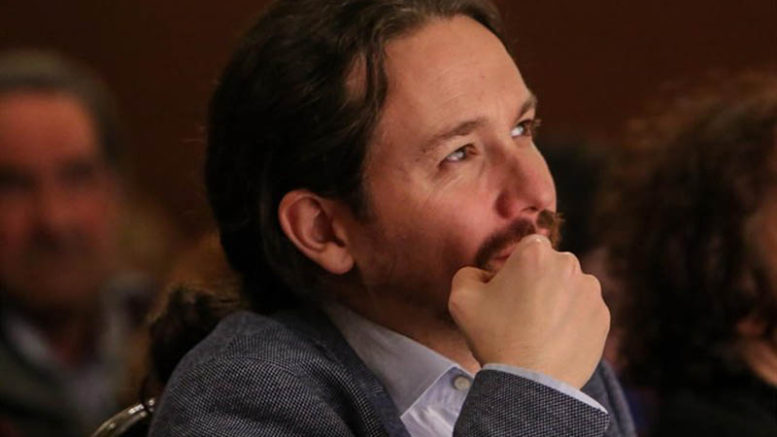After 90 candidates failed to show the sufficient backing required by Podemos to stand as the party’s presidential candidate in general elections anticipated for next year, secretary general Pablo Iglesias has emerged as the sole candidate and will head a parliamentary ticket under the banner of Si se puede (“Yes We can!”).
 Iglesias is scheduled to present his candidacy to the Podemos membership during upcoming primary balloting from 15-20th December. The primary elections were hurriedly scheduled in anticipation of snap general elections that Podemos’ leadership believes could be called as early as March 2019 by Spanish President Pedro Sánchez, whose government’s 2019 federal budget has failed so far to garner sufficient support for passage by Spain’s Congress.
Iglesias is scheduled to present his candidacy to the Podemos membership during upcoming primary balloting from 15-20th December. The primary elections were hurriedly scheduled in anticipation of snap general elections that Podemos’ leadership believes could be called as early as March 2019 by Spanish President Pedro Sánchez, whose government’s 2019 federal budget has failed so far to garner sufficient support for passage by Spain’s Congress.
While other lists devoid of a presidential candidate may yet emerge to contest the Si se puede ticket led by Iglesias, the uncontested primary contest for the Podemos presidential candidate is unprecedented for four-year-old party. In the 2015 Podemos primary election, nine separate lists competed against the Iglesias-led list in the runup to the general elections.
 Of the 46 Podemos deputies that currently belong to the Unidos Podemos parliamentary group in Congress, only 24 will repeat as candidates for re-election on the Si se puede ticket.
Of the 46 Podemos deputies that currently belong to the Unidos Podemos parliamentary group in Congress, only 24 will repeat as candidates for re-election on the Si se puede ticket.
Not all factions within Podemos supported the emergency scheduling of the Podemos primaries, convened by the leadership once it became clear that Sánchez could not easily obtain passage of the 2019 budget that his government had negotiated with Podemos and presented to Congress.
Following the party’s poor showing in Andalucía regional elections earlier this month, Podemos’ Anticapitalistas grouping called for suspension of the primaries, but the Podemos leadership has pressed on with planning for the balloting.
► Read More in Spanish at Europa Press, Público and El Confidencial …
► Click to read more news about Politics in Spain …
Check out more news from Spain about:
► Animal Welfare ► Corruption/Transparency ► Discrimination ► Education ► Children’s Rights ► Environment & Sustainability ► Fair Trade & Development Aid ► Healthcare ► Historical Memory ► Housing & Homelessness ► Human Rights ► Labour & Unemployment ► LGBT ► Peace & War ► Politics ► Poverty ► Refugees & Migration ► Technology & Social Enterprise ► Women’s Rights

